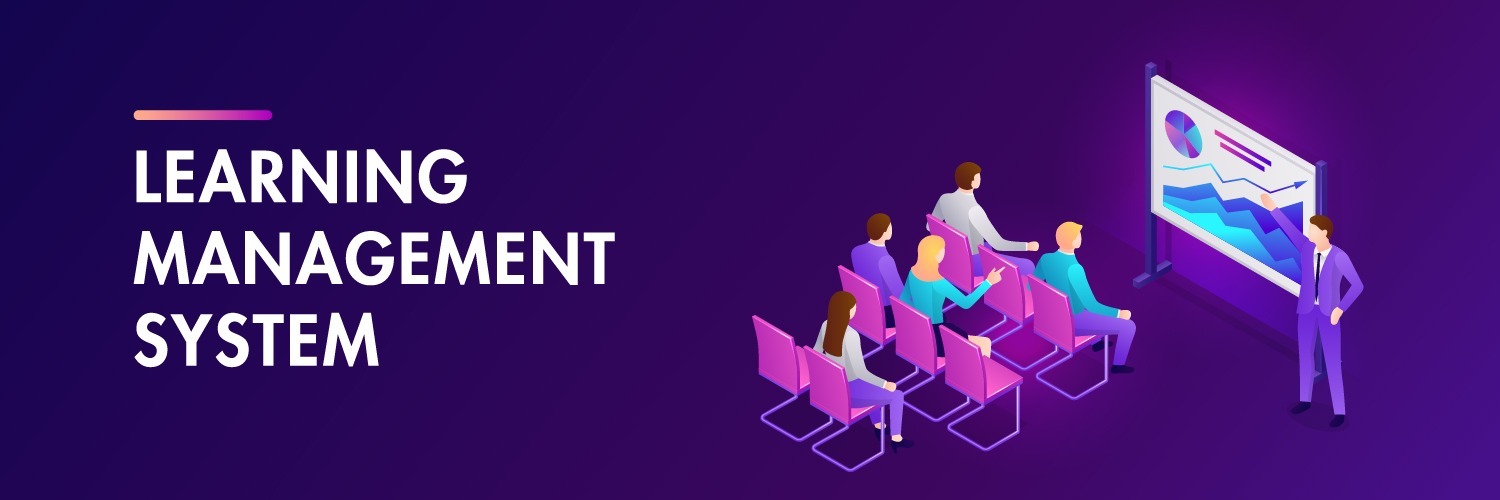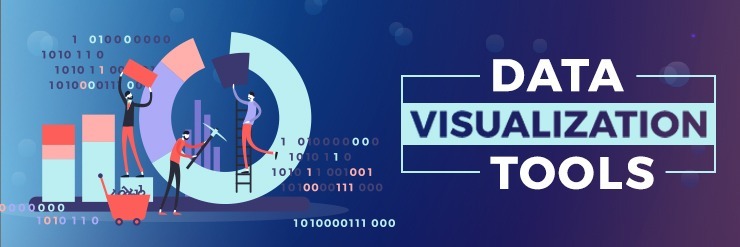A learning management system is a software application for learning management. It helps in the documentation, tracking, reporting, administration, automation, and delivery of learning programs, courses, training, educational activities, and development programs. The concept of a learning management system emerged from e-Learning and training programs. However, it offers learning in a well-organized, and systematized manner. E-learning platforms have become very popular all around the world, with easy accessibility to the internet. It has been gaining popularity every day, but the COVID 19 Pandemic has significantly increased the use of LMS all around the world. Since school, colleges and universities are closed due to lockdowns in many parts of the world. They are choosing to get benefited from a learning management system.
The Role of Learning Management System
The basic role of a Learning Management System is user training, but the extended objectives vary as per the organization’s aims, online training strategy, and desired outcomes. The most common usage of LMS application is to deploy and monitir online training materials. Usually, courses and learning material are uploaded to the Learning Management System and is easily accessible for remote learners.
Features of LMS
1. Intuitive Interface
Modern LMS applications offer an intuitive design that takes the users smoothly towards and right course selection and training. This tool can make it easy for both fresh and corporate learners. So companies and educational institutes need to be vigilant while choosing the LMS application for their organization. The LMS should make it easier for users to learn and get benefited from a course and not make it a challenge for them.
2. Responsive Design
Online learning platforms need to friendly with different platforms. Users should be able to use their smartphones, tablets, or desktop devices to get enrolled and learn from the course. The Learning Management System should be responsive to multiple platforms and displays the appropriate version of the online training course according to the user’s device.
3. Support
Learning management system development companies offer back support depending on the software requirement and complexity of tools. The buyer may need to pay an additional charge for support service. However, it is important to deal with any problem.
4. Assessment Tools
Assessment is necessary for both learners and organizations to keep a check on the progress. A leaning management system needs to be able to take an assessment from learners from time to time in order to track learners’ progress and to monitor the training resources capabilities.
5. Certification
LMS should have an automatic certification system for users who successfully complete the final assessment of the training course. Certification is very important in a learning management system to boost learners’ motivation and track their progress.
6. Employee Training
With LMS, organizations can offer better training to their resource as well. Users can log in to the LMS and track their performance and progress, depending on the results of their courses. It is a great platform for both students and trainers.
7. Social Interaction
Social interaction and learning help users interact with their peers and share their experiences with each other. Modern Learning Management Systems include features for integrated social media sharing. Users can take part in an online discussion by incorporating a news feed into the LMS design.
The Need for LMS
There are several e-learning platforms that are gaining popularity at a great pace. More and more people use online courses to improves their skills without the hassle of driving to the institute. As more and more people are able to access the internet all over the world, e-learning platforms are becoming more prevalent among students and organizations.
The learning management system not only benefits educational institutes, but it also helps business organizations to train their resource through a well-crafted learning management system. For instance, companies can use online training material for different departments and teams as per their requirement. They can even add training material for customers when needed.
Since professional web app development companies cater to different consumer groups for building and developing the LMS, it is important for organizations to identify and analyze training objectives before selecting the learning management system application. The following are some common benefits of the learning management system.
Benefits of Learning Management System
1. Big Data storage
The learning management system allows it users, to gather and store big data at one point. It also helps in maintaining and updating the learning material on the application. If handled with better security checks and advanced encryption, the organization doesn’t have to worry about the data-stealing. So, the data remains safe with advanced encryption features.
2. Progress Monitoring
Progress monitor is a basic feature of LMS application. It enables the app manager to track and monitor various aspects of the online learning program. If there is a lacking of required features, you can also use an add on or plug-in to improve monitoring features in the LMS application. This enables the management team to access everything from users’ engagement to assessment results. It also offers analysis in the form of graphs and charts that help better understanding.
3. Improved Resource Allocation
LMS can help the management allocate resources more effectively. It actually helps the organization to pinpoint areas where the training expectations aren’t meeting. Low engagement and declined assessment results can indicate where you need to make improvements. LMS can also help in updating online training material easily.
4. Improved e-learning Accessibility
Since we are living in a digital age, learners, whether students or professionals, expect to grab on-demand online training programs. Information is easily available on our fingertips, and users will go where they find it in the most organized, easy way.
Learning Management Systems enables organizations to deploy, track, and monitor online training courses across the globe without geographical limitations. Users can log in to the system and have the opportunity to learn and grow skills in areas they are interested in. Moreover, corporate learners can use LMS to expand their knowledge and refined skills.
5. Personalized Online Training
LMS helps to assign different ways of learning or online training material for an individual or a team of corporate learners. It also helps in delivering individualized online training to each member of the team on the basis of their learning goals, job responsibilities, and various other criteria. Corporate learners can navigate and choose their own online training activities and coursework as well. The ease of use and accessibility leads to an enhanced online learning experience and improve learner satisfaction. This also contributes to better engagement and memory retention for a longer period.








